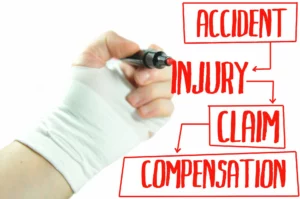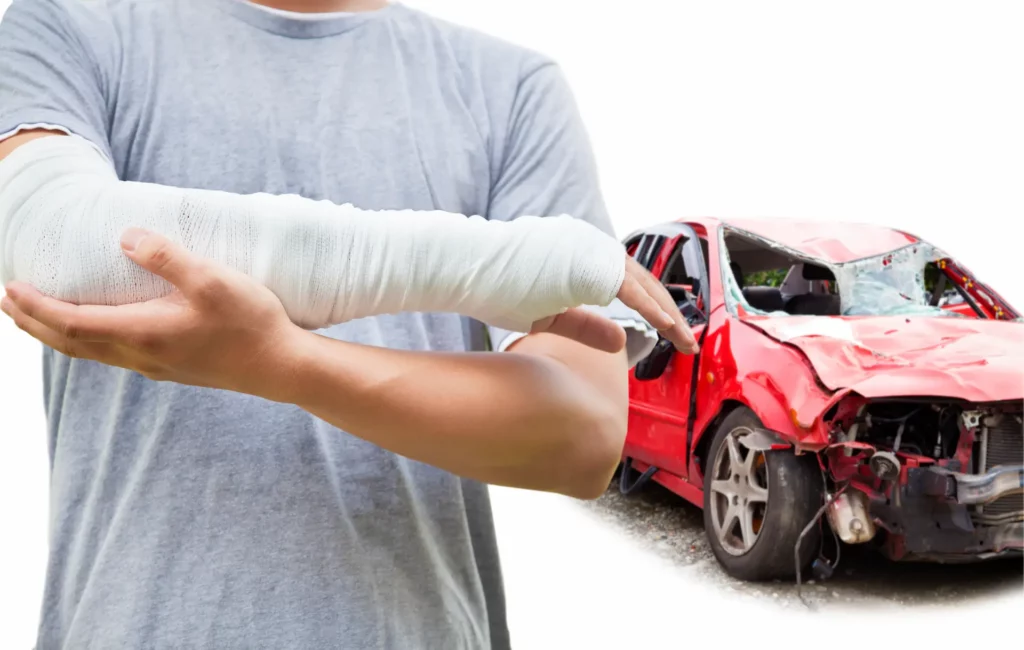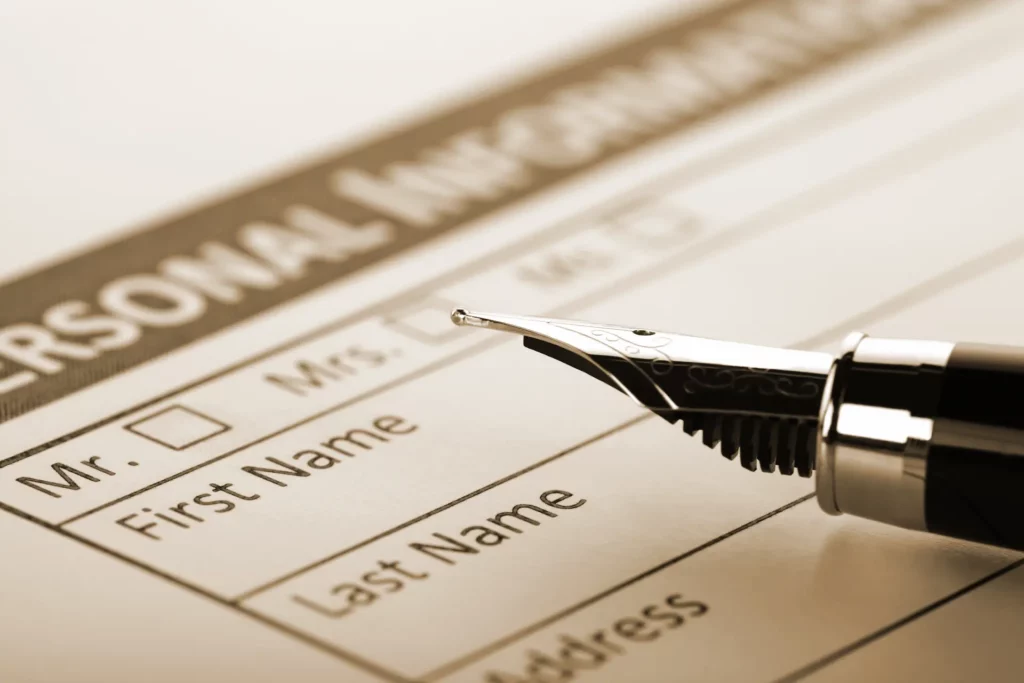What is Personal Injury Protection: Definitive Guide

What is Personal Injury Protection? Known as PIP, it is auto insurance coverage that helps you and passengers in your car, in the event of an accident.
PIP is different from bodily injury liability insurance, which covers damages caused to others by your actions while driving, because with PIP it doesn’t matter whether you or the other driver were at fault.
PIP insurance coverage is mandatory in about 16 states, such as Florida, Kentucky, and New Jersey. These are referred to as no-fault insurance states because they require drivers to cover expenses for each person injured in an auto accident.
How does Personal Injury Protection work?
If you have PIP, it doesn’t matter who caused the accident – you and your injured passengers are covered. Your medical bills, funeral costs, lost wages, and other related costs, like child care and house cleaning, are all covered.
The other driver doesn’t need to have insurance, or the injured passengers, only the policyholder.
A PIP policy can offer the same coverage you would find with your Health Insurance or Medical Payments policies. The difference is that PIP is written specifically for auto-related injuries. Sometimes these aren’t offered by health insurance policies.
Regarding minimum coverage, this is set by the state government and varies from state to state. As for the maximum coverage allowed, this depends on the insurance companies that offer the insurance and can vary.
Accident? How to file a claim for PIP
A PIP claim is filed like any other insurance claim, online or through a phone. It is of great help when you have medical expenses to pay for immediately after the accident.
As with all insurance claims, it is necessary to follow the process laid out by the insurance provider. Timelines are important to stick to, failure to do so may result in penalties.
Always have a copy of the claim processes on hand, and ask your agent to explain what you don’t understand.
Personal Injury Protection vs Liability Insurance

Car accidents can be hard to deal with, and the aftermath can be confusing. You may suffer from damages, injuries, or even death due to someone else’s poor ability to drive. That’s where personal injury protection (PIP) comes in handy.
| Personal Injury Protection (PIP) | Liability Insurance | |
| Coverage | Beyond the accident, it covers lost wages, childcare, housecleaning, and rehabilitation. Guarantees coverage for funeral costs in case of death. | Limited to damages and legal fees if you’re responsible for an accident. |
| Medical Bills | Covers medical bills regardless of who caused the accident. | May not cover medical bills if you’re not at fault for the accident. |
| Lost Wages | Provides coverage for lost wages due to the accident. | Does not provide coverage for lost wages. |
| Additional Services | Covers childcare, housecleaning, and rehabilitation expenses. | Does not cover additional services beyond damages and legal fees. |
| Lawsuit Coverage | Does not require a lawsuit to receive benefits. | May require a lawsuit to receive coverage. |
| State Requirements | Not required in all states, availability varies. | Required in all states, but the robustness of coverage varies. |
| Comprehensive | Offers comprehensive coverage for various expenses. | Limited to specific damages and legal fees |
PIP offers coverage beyond the accident. It covers lost wages and pays for childcare, housecleaning, and rehabilitation. Also, it guarantees that your funeral costs are covered in case of death.
On the other hand, liability insurance only offers cover for damages and legal fees if you’re responsible for an accident. Liability insurance is a requirement in all states, but its robustness varies from state to state. This means that certain lawsuits may not be covered by liability insurance at all.
So, while PIP can help cover medical bills regardless of who caused the accident, liability insurance might leave you exposed to certain risks. It’s important to do thorough research on both types of insurance before deciding which one will best suit your needs as a driver.
What does PIP cover?
PIP covers the following:
- injuries resulting from a car accident
- wages lost while you recover from injuries
- costs of rehabilitation
- house cleaning
- child care
- funeral expenses and survivor benefits
What PIP does not cover
PIP may offer crucial coverage for medical expenses and lost wages after an accident. However, it’s important to understand that PIP does not cover the following:
- the other driver and their passengers
- medical expenses if you’re driving at work
- injuries from unauthorized driving, or driving while committing a crime
- damage to property, whether to your vehicle or someone else’s property
No one wants to think about accidents or the hard results they can bring. That’s why having the right insurance coverage can give you peace of mind and financial certainty, in case the worst happens.
Is PIP worth it?

If you’re wondering whether to add Personal Injury Protection (PIP) coverage to your auto insurance policy, there are pros and cons to consider. PIP is offered to cover medical expenses and lost income in the event of an unexpected car accident.
PIP coverage provides peace of mind when you know that you and your loved ones will be covered in case of injury. It can also cater for certain care costs that may not be covered by health insurance or other types of auto insurance.
However, there are some potential drawbacks to PIP coverage as well. For example, it may have limits on how much it will pay out for medical expenses and lost income. Additionally, it may not cover all types of injuries or situations, depending on the specific terms of your policy.
Another issue to consider is that PIP coverage is mandatory in some states but optional in others. If you live in a state where it’s required, you may feel forced to purchase it even if you don’t think you need it. But if you live in a state where it’s optional, it is worthwhile to research and see if it’s suitable for you.
Is PIP cover a mandatory requirement in Texas?
No, personal injury protection is not mandatory in Texas. While in Texas, an insured is not required to purchase PIP, the insurance company is required to offer PIP or other similar no fault coverage when a policy is first applied for.
The insured has the right to refuse PIP coverage but usually must sign an acknowledgement that they were offered PIP coverage but decided not to purchase it. When you take out a new auto policy it’s important to research and determine whether or not it’s worth adding to your policy.
In the event of a dispute or lawsuit, having good lawyers on your side can be helpful. If you’re looking for a personal injury lawyer in Houston and Pasadena, Texas, you can always get a free case review from The Callahan Law Firm personal injury lawyers. Contact us today.

Michael S Callahan is an attorney and founder of The Callahan Law Firm. He focuses his practice on representing individuals and families in personal injury cases involving motor vehicle and truck accidents, workplace accidents and defective products. With over 25 years of experience, he is dedicated to fighting on behalf of people whose lives have been forever altered by the negligence and carelessness of corporations and individuals. Originally trained as a mechanical engineer, Michael has been practicing law and fighting for justice for those who need it most since 1994. He is board-certified in Personal Injury Trial Law by the Texas Board of Legal Specialization and a member of various esteemed legal associations. Outside of work, Michael enjoys spending quality time with his family, outdoor activities, and continually striving to improve as a trial lawyer and human being.











